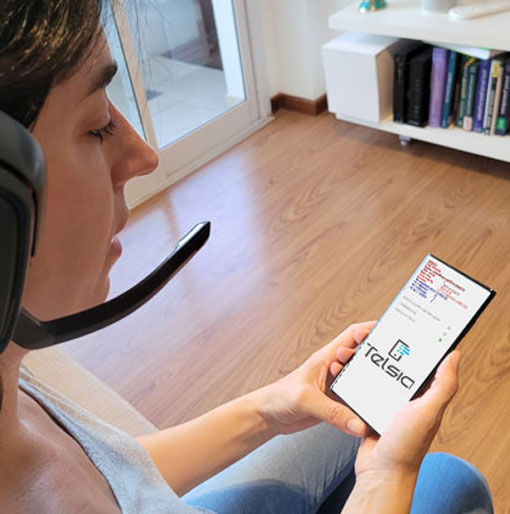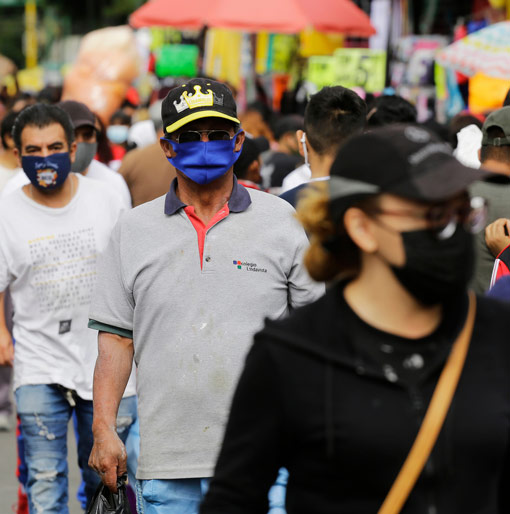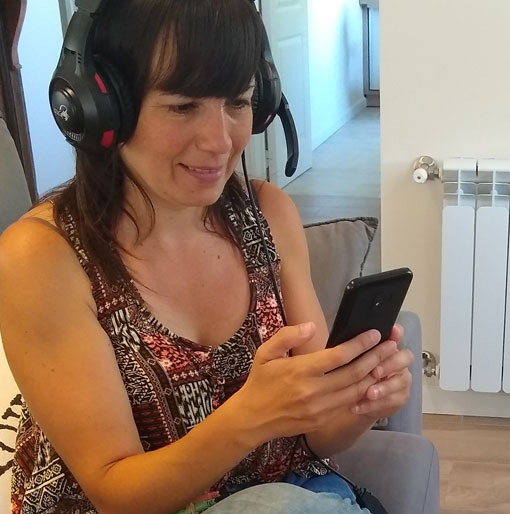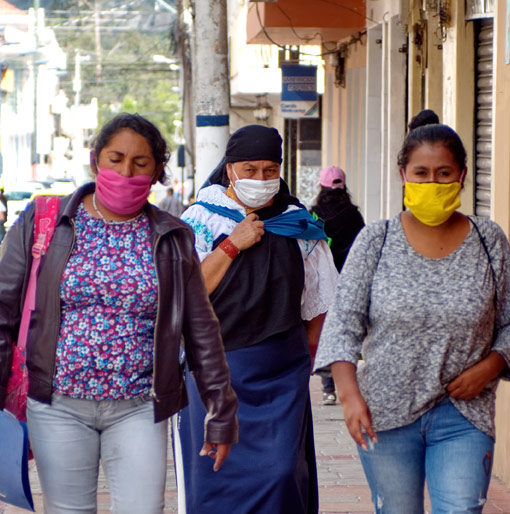
COVID-19 High-Frequency Phone Survey (Phase 1)
Year: 2020
Country: 13 countries in Latin America
Subject: Living Conditions and Poverty / Health
Client: World Bank
With the COVID-19 pandemic characterized by deep uncertainty from the very beginning, governments faced great pressure to enact policies for mitigating the socioeconomic impacts of the crisis on households. These effects include growing unemployment and underemployment, a drop in labor and non-labor income, increasing prices and long-term human capital losses.
In this context, the World Bank decided to implement the High-Frequency Phone Surveys to monitor the potential negative effects of COVID-19 on households in order to provide governments with real-time data to support evidence-based responses to the crisis.Â
The survey was conducted in thirteen Latin American countries: Argentina, Bolivia, Chile, Colombia, Costa Rica, Dominican Republic, Ecuador, El Salvador, Guatemala, Honduras, Mexico, Paraguay and Peru. It followed a panel sample over three rounds of data collection between May and August 2020, and collection periods lasted about ten days per round on average. The survey was administered to one adult per household and asked the respondent both individual and household-level questions.
All national samples were based on a dual frame of cell and landline phones generated through a Random Digit Dialing (RDD) process, covering all possible numbers under the national phone numbering plan. Furthermore, given pandemic-related restrictions on mobility and assembly, survey operations had to comply with the following procedures:
- Interviewers worked from home as call centers could not be used
- Training of interviewers had to be carried out remotely
- Supervision and tracking of fieldwork was done remotely
In all 13 countries Sistemas Integrales was in charge of the sampling design, questionnaire design, interviewer training, data management, supervision and quality control. Highlights of technical features include:
- The RDD methodology guaranteed full coverage of cell and landline telephone active numbers, eliminating coverage bias with respect to the population with a phone.
- Interviewer training was done online using innovative techniques. for teaching and practicing and applying stringent interviewer selection criteria.
- Field implementation was supported by TELSIA (Telephone Survey Integrated App), an all-in-one application developed by Sistemas Integrales for phone surveys that interviewers can use either from home or at a central location, with laptops, tablets or cell phones. TELSIA was used to manage the electronic questionnaires, administer the sample and calls automatically, monitor compliance with rigorous calling protocols and perform ongoing online supervision.
- Sistemas Integrales developed an online quality control dashboard to monitor a set of survey-specific quality indicators based on data and paradata. This permitted identifying different types of nonsampling errors and interviewer effects rapidly, in order to act accordingly. The online dashboard was updated daily and was accessible to the World Bank team on an ongoing basis over the entire field period.
- Randomized Audio Supervision (RAS), an auditing application developed by Sistemas Integrales, was used for audio supervision. Random parts of 100% of interviews were recorded and assessed by trained auditors to assure the accuracy of the data registered by the interviewers and compliance with protocols.
Address
Jose M de la Barra 412, piso 4
Postcode 6500446
Santiago, Chile
Phone
+562 2638 1841
+562 2639 4554

Sistemas Integrales 2024 - All Rights Reserved
Address
Postcode 6500446
Santiago, Chile
Phone
+562 2639 4554
EmailÂ







